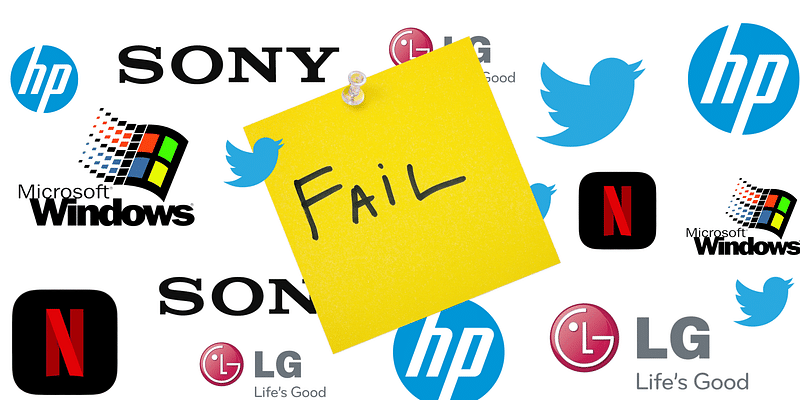
The tech industry, known for its relentless innovation, occasionally encounters setbacks. Not every groundbreaking idea turns into a success; some lead to high-profile failures. These instances, while often costly, offer crucial lessons, contributing to the evolution of technology. Here’s a closer look at some notable tech industry failures and their impact.
Twitter Peek: A Misguided Attempt at Specialisation
In 2009, Twitter Peek was introduced as a device dedicated solely to using Twitter. This single-function device was quickly overshadowed by multifunctional smartphones, illustrating that in technology, versatility often trumps specialisation.

LG 3D TV: Challenges of New Visual Technologies
LG‘s foray into 3D TVs seemed revolutionary, but the need for special glasses and lack of 3D content led to consumer disinterest. This case highlights the importance of market readiness and content availability for the success of new technologies.
HP TouchPad: Timing and Ecosystem Constraints
Launched in 2011, the HP TouchPad, despite its promising webOS, struggled against established competitors due to a sparse app ecosystem. This underscores the importance of timing and a robust app environment in the competitive tablet market.
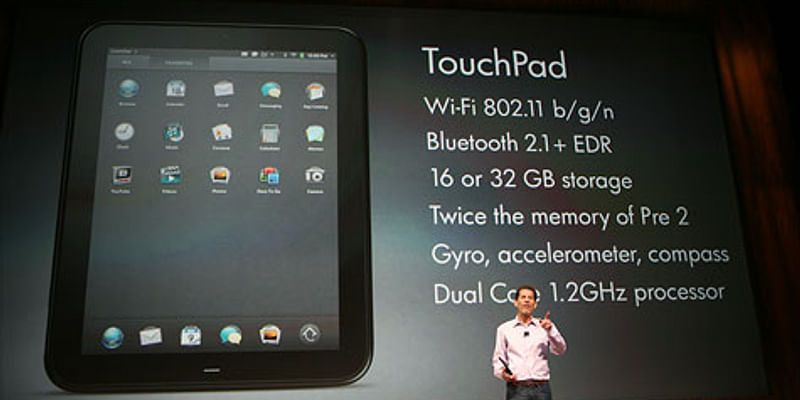
Windows Vista: A Software Cautionary Tale
Released in 2007, Windows Vista faced criticism for its resource-heavy nature and compatibility issues. This negatively impacted Microsoft‘s reputation, emphasising the need for software optimisation and aligning with customer expectations.
Sony Betamax: Losing the Format War
Betamax, launched by Sony in the 1970s, lost to VHS despite being technically superior, due to VHS’s longer recording times and better marketing. This illustrates that technical excellence doesn’t always equate to market success.
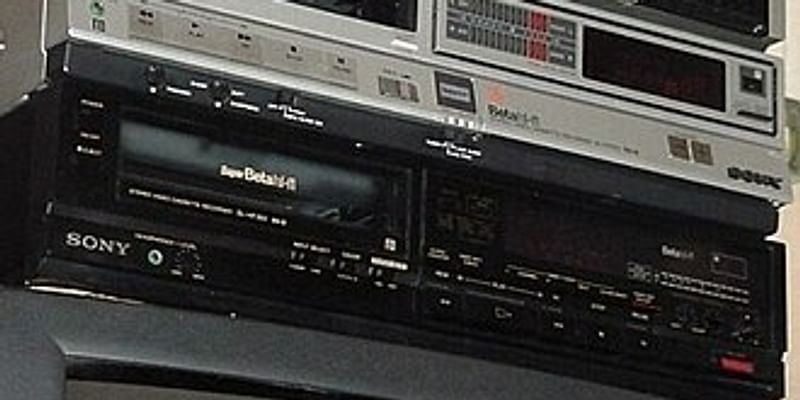
Apple Newton: Ahead of Its Time
The Apple Newton, a pioneer in personal digital assistants introduced in 1993, suffered from its high price and flawed handwriting recognition. It represents a case of a product being too advanced for its time, underscoring the balance between innovation and market readiness.
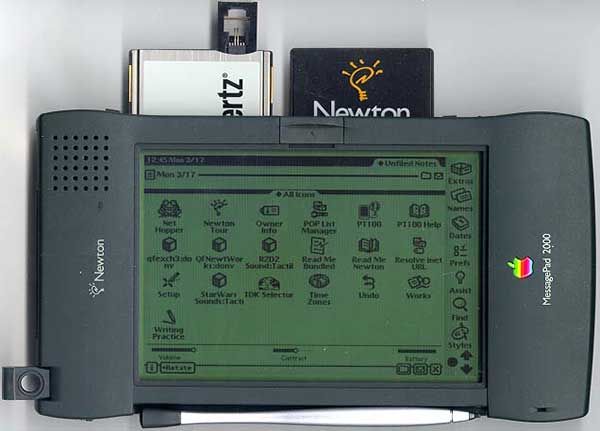
Qwikster by Netflix: Misjudging Consumer Preferences
In 2011, Netflix‘s decision to split its DVD rental service into Qwikster backfired due to customer dissatisfaction with increased complexity and costs. This highlights the importance of understanding customer preferences and the value of integrated services.
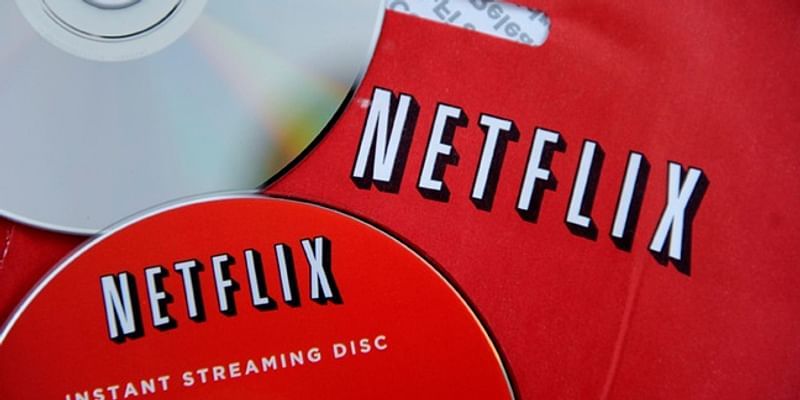
Embracing Lessons from Failures
These examples from the tech industry show that failure can stem from misjudging the market, neglecting user experience, or launching products misaligned with current market readiness. However, they also demonstrate the resilience of these companies. Learning from mistakes, they continue to innovate and succeed in future ventures. In technology, failures are not just setbacks but valuable stepping stones towards progress and innovation.










